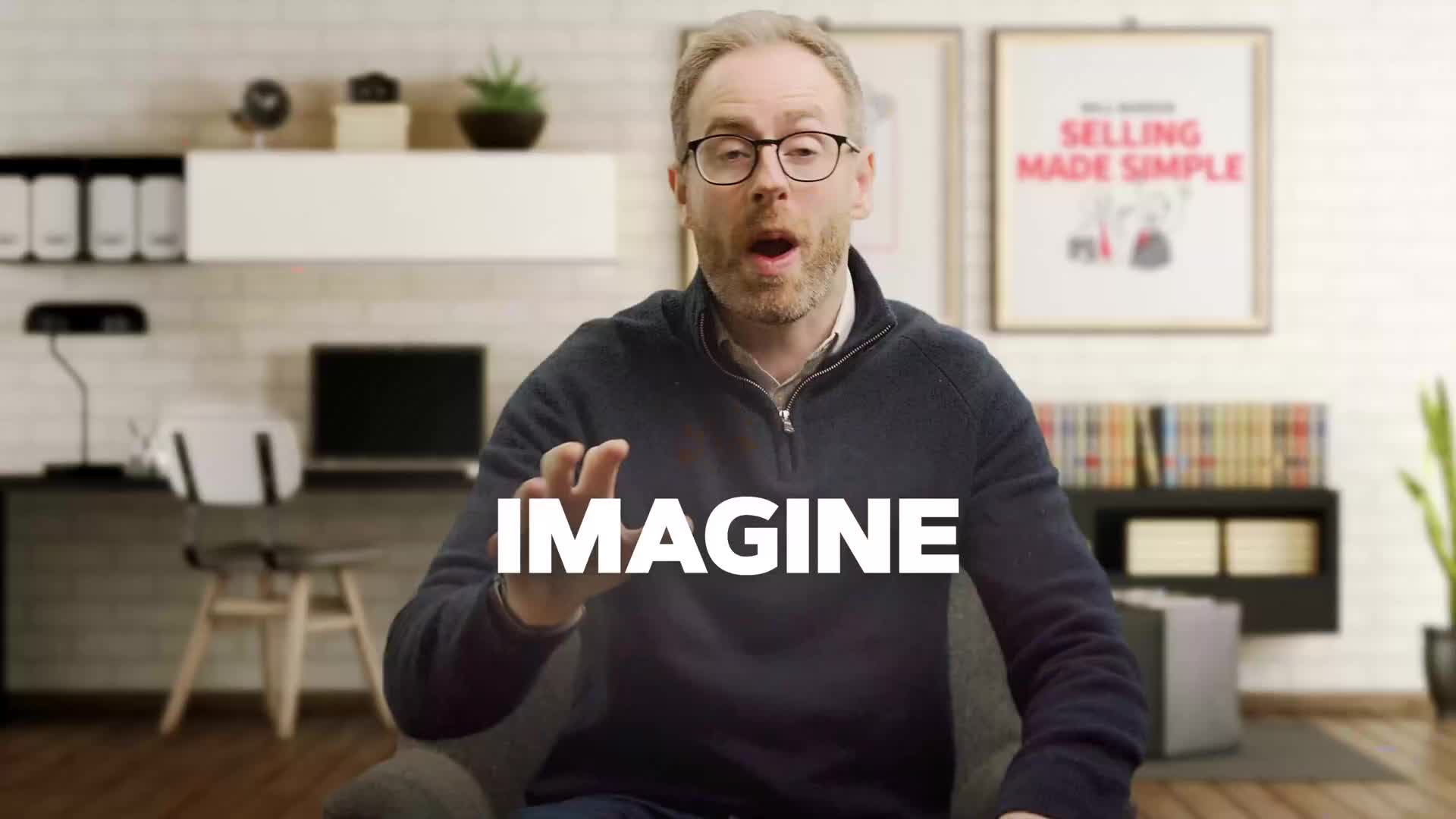Business Negotiation
Business negotiation is a critical and structured process where two or more parties strive to reach a mutually acceptable agreement on various business transactions, including contracts, pricing, partnerships, or mergers. This process is not only fundamental for closing deals but is also inherently dynamic, adapting to the latest trends such as evolving supply chains and data-driven decision-making. Recent developments indicate a shift towards remote negotiations, requiring participants to employ adaptable communication styles that foster trust and transparency. Mastering negotiation strategies is essential for effective deal-making, allowing businesses to navigate complexities and achieve outcomes beneficial to all parties involved. In today’s fast-paced business environment, the importance of negotiation cannot be overstated. Companies are increasingly prioritizing ethical agreements that build long-term relationships and enhance collaboration. Integral to contemporary business negotiation is the rise of AI and automation, which streamline tasks and predict outcomes, thus optimizing the negotiation process. Additionally, the focus on integrative negotiation techniques creates value for all parties, promoting win-win scenarios. This shift towards cross-border deal-making and large agreements valued over $1 billion also necessitates thorough due diligence, ensuring that all aspects of a contract negotiation are addressed meticulously. Developing strong negotiation skills that encompass preparation, active listening, and flexibility is crucial for any business leader to thrive in this evolving landscape.
What are the two main pathways for handling price objections in sales?
The first pathway involves sidestepping minor objections by saying 'let's circle back to that in a minute' and continuing the sales process. This works when the buyer's hesitation is minor and they'll likely forget it as they learn more about your product's value. The second pathway is for substantial objections like budget constraints, which require tackling head-on by diving deeper into the conversation. This approach involves asking questions to understand their concerns, demonstrating ROI, and balancing cost versus benefits. Both strategies help transform initial rejections into opportunities by focusing on value rather than defending price.
Watch clip answer (00:02m)What are effective negotiation strategies for closing deals in the janitorial industry?
Effective negotiation strategies include offering multiple pricing options instead of a single price, which allows flexibility when clients want lower costs. Rather than simply reducing prices, successful negotiators augment the agreement by removing certain services, changing contract length, or requesting referrals in exchange for discounts. Creating urgency within sales staff by implementing weekly commission payouts instead of monthly ones has proven effective, reducing closing times from 26 days to 9 days. This encourages sales representatives to actively pursue closing deals within each week's timeframe rather than postponing follow-ups. These strategies help build client trust while maintaining profitability in commercial cleaning sales.
Watch clip answer (05:27m)How can social proof be used effectively in follow-up strategies?
Social proof is a powerful follow-up strategy that incorporates testimonials, video screenshots, and other evidence of client success to help convert prospects. By strategically sharing these materials during follow-ups, you demonstrate credibility and create peer pressure that influences decision-making. The more testimonials collected, the greater your results will be. Social proof works because it helps prospects who are on the fence or even resistant to move toward a positive decision. Testimonials are particularly effective as they allow potential clients to see others' positive experiences, making them more likely to believe in your value.
Watch clip answer (07:26m)What has become more valuable than problem-solving in modern business?
According to Daniel Pink, problem-finding has become more valuable than problem-solving in today's business environment. While accessing information is no longer a significant advantage, the ability to curate, filter, and synthesize information to detect patterns has become crucial. Pink emphasizes that professionals are most valuable when they can identify problems customers don't know they have or when customers misunderstand their own challenges. This shift represents a move toward 'clarity' as a premium skill - helping others see their unarticulated problems rather than just solving obvious ones. This problem-finding approach makes professionals more useful and valuable in an information-rich world.
Watch clip answer (00:41m)What strategic offer did Ukraine make to the United States during the Munich security conference?
During the Munich security conference, Ukraine presented a transactional offer to the United States, specifically linked to American access to Ukrainian minerals and other resources. This strategic proposal came as Ukrainian President Zelensky met with Vice President Vance, with Ukraine essentially adopting President Trump's transactional approach to diplomacy. The discussions centered around a fundamental trade-off: how America would benefit if it continues to provide support to Ukraine. By offering access to its rich mineral resources, Ukraine is attempting to frame continued American backing as mutually beneficial rather than purely humanitarian or geopolitical, creating a business-like proposition that might appeal to the transaction-oriented Trump administration.
Watch clip answer (00:29m)How are the Ukraine peace talks evolving between the U.S. and Russia?
The Ukraine peace talks between the United States and Russia have expanded to include economic discussions. Kirill Dmitriev, CEO of the Russian Direct Investment Fund, is leading negotiations focused on reviving economic cooperation after U.S. companies reportedly lost an estimated $300 billion from exiting the Russian market due to Western sanctions. While specific details remain undisclosed, both sides are considering economic initiatives that could move forward within two to three months. These discussions occur despite Russia remaining under intensive Western sanctions imposed after its invasion of Ukraine three years ago, highlighting a potential strategic realignment in U.S.-Russia relations even as military and economic tensions continue.
Watch clip answer (01:25m)




